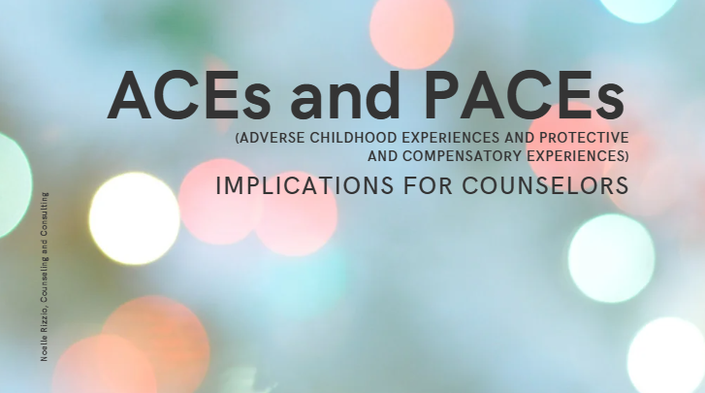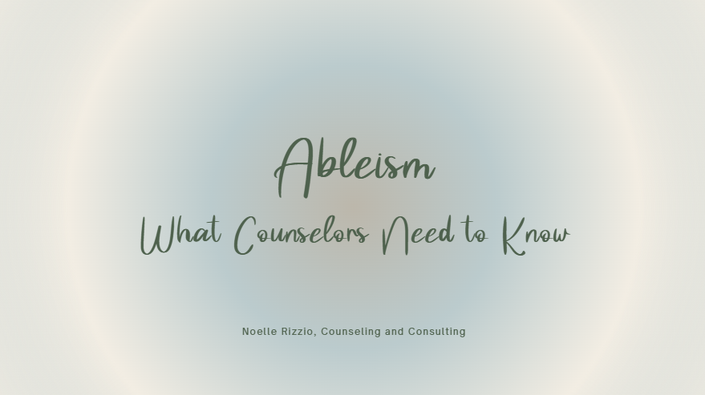Professional Development Courses for Counselors Designed by Counselors.
Noelle Rizzio, Counseling and Consulting LLC is an approved NBCC CE Provider. Please check to make sure the class you sign up for is an NBCC course if you are looking for credits..
Join for free at counselorhq.net to receive our newsletter and the latest updates straight to your inbox!
If you are trying to login to the CURE Curriculum, click the "My Products" link in the upper right hand corner of this page and it should take you there.
Feel free to email me with any questions at [email protected]
Featured Products
Check out my courses here! And come back to check out any new additions!
Check your inbox to confirm your subscription




